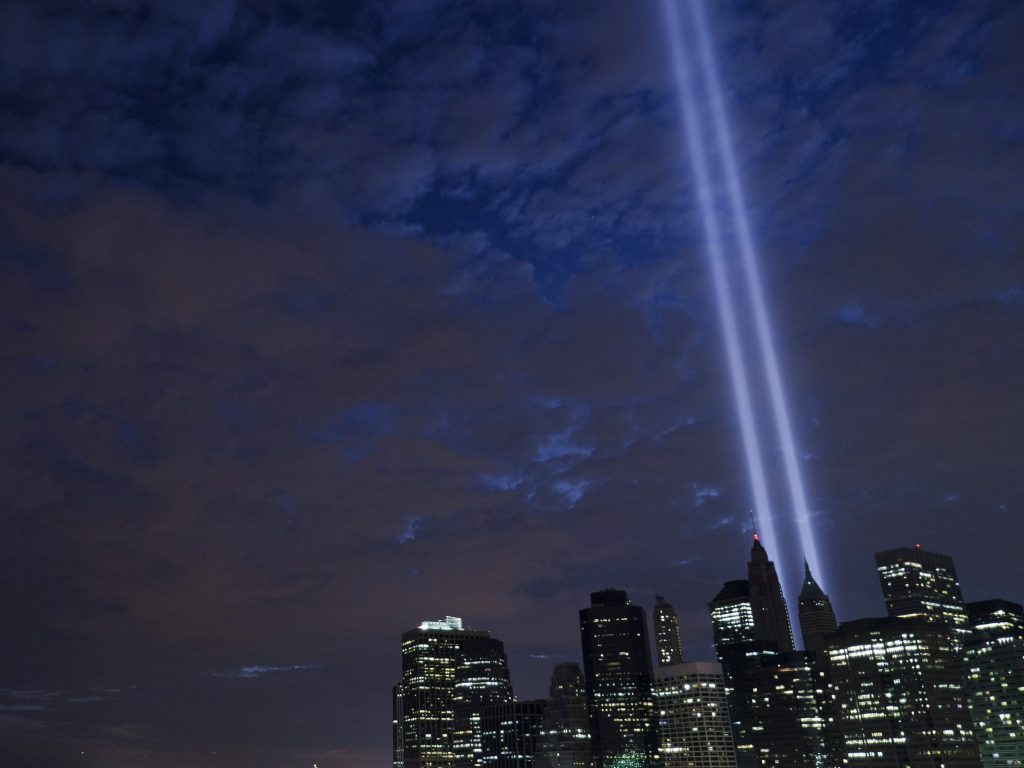This event has now concluded. A story and full-length recording are available below.
First in a series of three conversations.
Watch the second part of the series here.
Watch the third part of the series here.
In a famous presidential primary debate in 2008, libertarian candidate Ron Paul argued that the United States was attacked on September 11 because of its military meddling in Middle Eastern affairs. Former mayor Rudy Giuliani called that one of the most absurd explanations he had ever heard, and demanded an immediate apology. But the question remains.
Was September 11 an expression of religious fanaticism or blowback to US foreign policy? Is this an either/or question or a both/and proposition? Answers to these critical questions have varied in the scholarly conversation and the public arena.
Featuring remarks by Andrew Bacevich, president of the Quincy Institute and author of After the Apocalypse: America’s Role in a World Transformed, and responses from invited guests, faculty members, and students.
This conversation is part of “The Twentieth Anniversary of September 11: Changing the Climate of Conflict,” a series of policy discussions. This series is presented by the Keough School of Global Affairs and its Ansari Institute, and co-sponsored by the Keough School’s Kellogg Institute for International Studies, Klau Center for Civil and Human Rights, Kroc Institute for International Peace Studies, Liu Institute for Asia and Asian Studies and Nanovic Institute for European Studies.
RSVP required.
Photo: “Tribute” by DeShaun Craddock is licensed under CC BY-NC 2.0.
ARVE Error: No oembed html